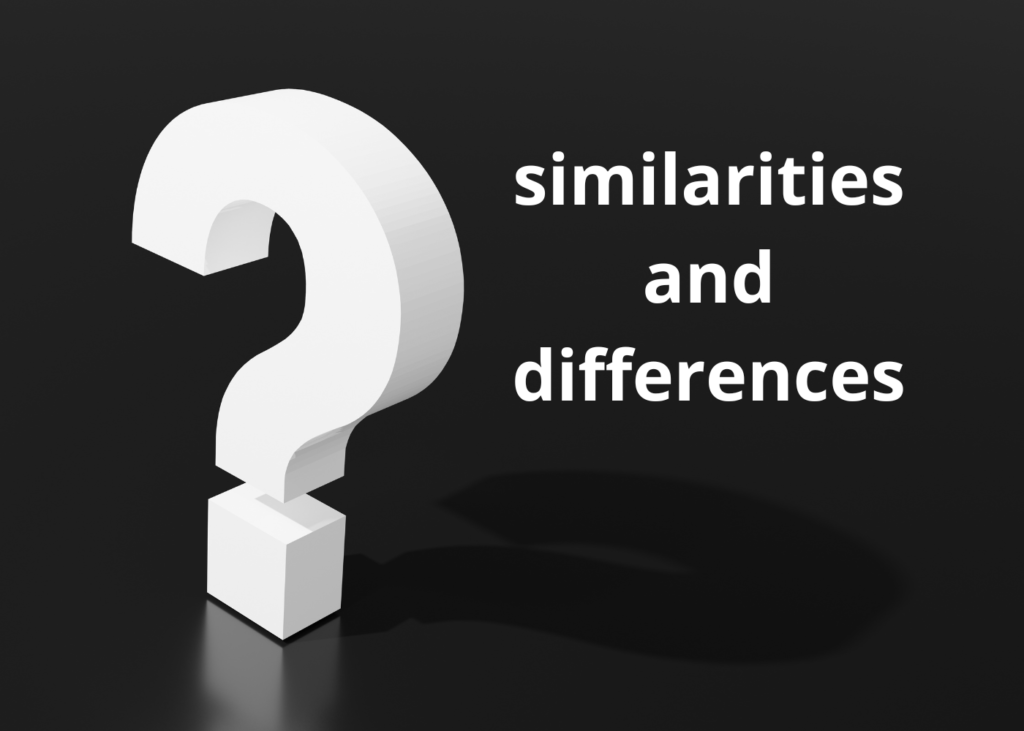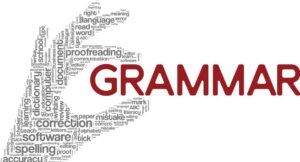
At first glance, the Russian and Ukrainian languages seem very similar. Yes, they share common roots, but geography, political nuances and historical development have resulted in the Russian language being markedly different from Ukrainian today.
Russian and Ukrainian share a common ancestor, Old Russian. However, in the fourteenth and fifteenth centuries, serious transformations took place and both languages went their separate ways. First it affected the letter and sound system peculiarities. In general, the Cyrillic alphabet is used in Russian and Ukrainian, but Western countries a number, for example Rzeczpospolita (the modern Polish state) brought their influence.
There are no letters in the Ukrainian alphabet Ёё [й’о/jo], Ъъ, Ыы [ы/y], Ээ [э/ə], that are present in the Russian language. However, you will not see any letters in the Russian alphabet Ґґ [ґэ], Єє [йэ/je], Іі [и/i], Її [йи/ji], which are found in Ukrainian. The same letters in both languages can convey different sounds. For example, the letter и in Russian gives the sound [и/i], but in Ukrainian it sounds like [ы/y]. Therefore, many words that are spelt the same in both languages will have different readings: нитка — [nitka / nytka].
Letter i, on the other hand, is quite popular in Ukrainian. Compare Russian (first option) and Ukrainian (second option) words:вера / вiра — faith;
The letter e is pronounced differently in Russian and Ukrainian. In the first case it sounds like [й’э], if under stress and variations are possible in the unstressed position; and in the second case, the letter sounds like [э]. Compare:
Moreover, there are many such small but important differences in pronunciation in Russian and Ukrainian.
By clicking "Send" you agree to us processing your information
The next layer, where one can find many differences between languages, is vocabulary. The modern vocabulary of Ukrainian is more similar to some Eastern European languages than to Russian. Thus, there are 22 common features between Ukrainian and Polish, 23 between Ukrainian and Slovak while there are only 11 common features with Russian. And this is best seen through the vocabulary.
Russian | Ukrainian | Polish | Slovaks |
Работа | Праця | Praca | Práca |
Неделя | Тиждень | Tydzień | Týždeň |
Спасибо | Дякую | Dziękuję | Ďakujem |
Красный | Червоний | Czerwony | Červená |
Then there are words in Russian and Ukrainian that can ‘trick’ you, the translator so-called false friends. Compare:

Finally, the differences third component in the two languages is the grammatical structures. On the whole, the syntax is quite similar: word order in sentences, the past, present and future tense, and the inflections system.
Differences occur in the choice of prepositions and prefixes in the two languages. The inflection of nouns often depends on it. Compare (the first option is Russian, the second is Ukrainian):
The essential difference between Russian and Ukrainian is that the latter has the vocative case. This case is used to refer to a living being. In Russian, it can also be found, but very rarely: Боже, Господи. In Ukrainian, the vocative case is used constantly and has a neutral character: друг — друже, хлопец — хлопче, мама — мамо.
In addition, due to the alternation rule, according to which Ukrainian does not use several consonantal or vowel sounds in a row, it is considered to be a more melodic language than Russian.
Course, there are more differences between Russian and Ukrainian than can be covered in a single article. Most importantly, they are two different languages, with common roots, but different paths of development. Which means that today they are independent languages, each with its own characteristics.
We hope you found this article useful. We are ready to help you learn Russian online with a native speaker. Classes are individually adapted to your wishes. Submit an application for a free trial lesson and we will find the most suitable Russian language course for you.

By clicking "Send", you consent to us processing of your information.





By clicking "Send" you agree to us processing your information
By clicking "Send" you agree to us processing your information